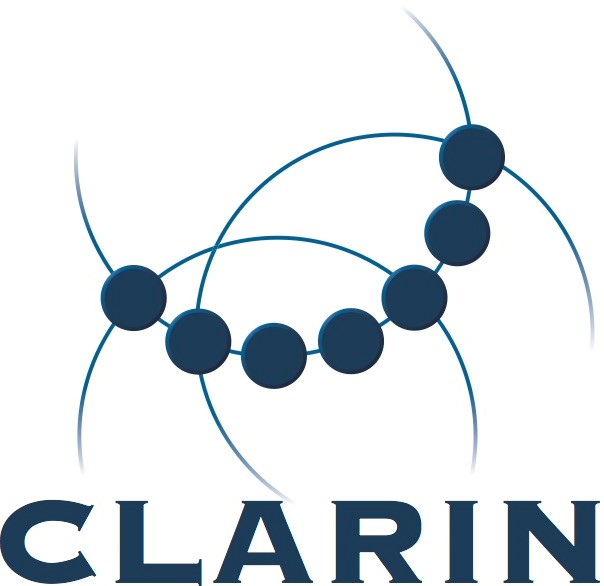How embodied is action verb processing? Exploring the limits of effector-specific compatibility effects
Identifikator: 11022/0000-0007-EBC6-1
Abstract
According to the experiential-traces account, which is part of the embodied cognition framework, language comprehension is based on the reactivation of experiential traces that stem from experiencing the corresponding objects, states, or events. Behavioural research finds support for this theory in interactions between language and motor processing. However, previous research focusing on action verb processing produced mixed results. To further address this issue, we investigated effector-specific compatibility effects in four experiments by comparing results of a lexical decision task with those of a Stroop-like task. We found effector-specific activation for nouns in a variety of different conditions (tasks, stimulus sets). Compatibility effects for action verbs, in contrast, were highly task and stimulus set dependent. These results are problematic for embodied accounts of language comprehension, according to which the reactivation of experiential traces is a necessary component of language comprehension. unpublished
Anwendungen
![]() Anzeigen im Virtual Language Observatory
Anzeigen im Virtual Language Observatory
Zitieren
Jessica Vanessa Strozyk, Daniela Katharina Ahlberg, Carolin Dudschig, Barbara Kaup (2016): How embodied is action verb processing? Exploring the limits of effector-specific compatibility effects. Mind Research Repository. Identifier: 11022/0000-0007-EBC6-1.

